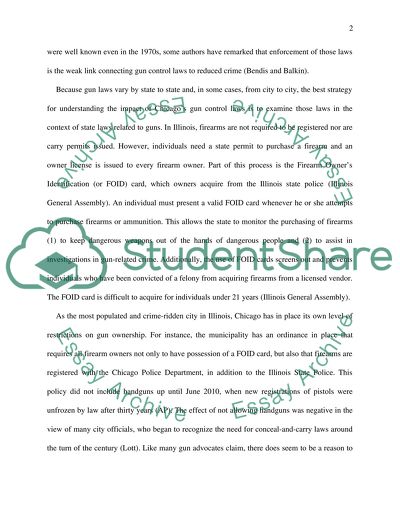Cite this document
(“Chicago Gun Laws and its effect on the Criminal Justice System Research Paper”, n.d.)
Retrieved from https://studentshare.org/family-consumer-science/1410731-chicago-gun-laws-and-its-effect-on-the-criminal
Retrieved from https://studentshare.org/family-consumer-science/1410731-chicago-gun-laws-and-its-effect-on-the-criminal
(Chicago Gun Laws and Its Effect on the Criminal Justice System Research Paper)
https://studentshare.org/family-consumer-science/1410731-chicago-gun-laws-and-its-effect-on-the-criminal.
https://studentshare.org/family-consumer-science/1410731-chicago-gun-laws-and-its-effect-on-the-criminal.
“Chicago Gun Laws and Its Effect on the Criminal Justice System Research Paper”, n.d. https://studentshare.org/family-consumer-science/1410731-chicago-gun-laws-and-its-effect-on-the-criminal.


